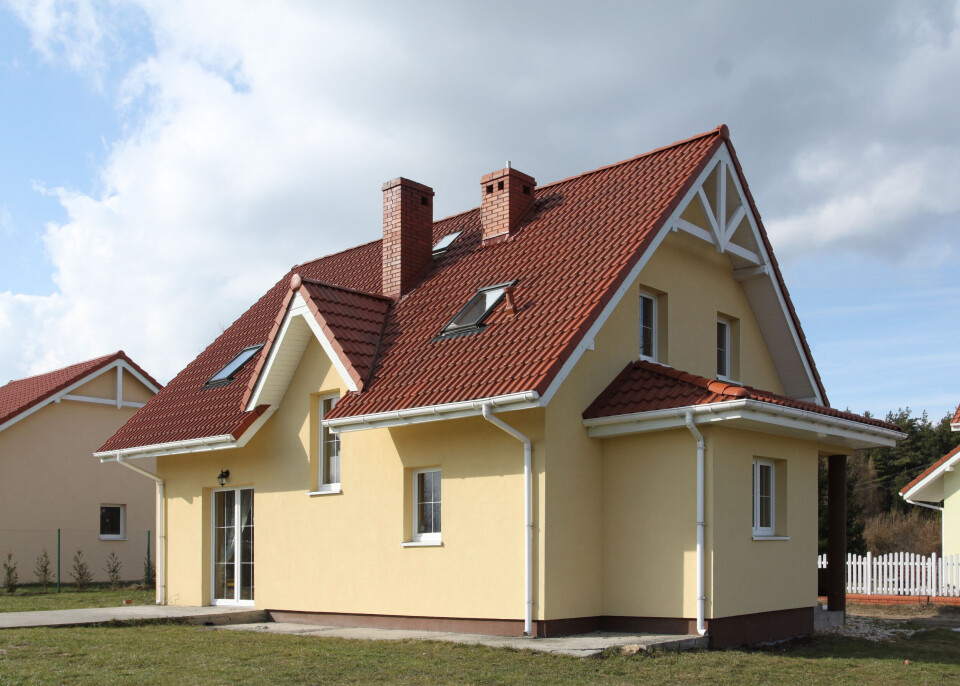-
New natural disaster zones declared in south-east France
Property owners have 30 days to make a claim due to damage by landslides, mudslides, or flooding
-
List: French departments where property notaire fees have risen (or will soon)
A third will increase fees to new maximum by May 1
-
Do roof repairs need to be declared to French tax authorities?
Repairs do not usually require planning authorisation to be issued
€900,000 for French home owners whose house was built on polluted land
The family noticed a viscous liquid in the sub soil while gardening

It is a property buyer’s nightmare: finding out your house sits on a site contaminated by industrial activity.
For the Devers family this became a reality in 2019 – nine years after purchasing their house in Grézieu-la-Varenne (Rhône, Auvergne-Rhône-Alpes) – when they noticed a viscous liquid in the subsoil while they were gardening.
Closer investigation revealed worrying levels of pollution, particularly the solvents perchloroethylene and trichloroethylene, which led to two emergency rehousings and a temporary ban on drinking water in the neighbourhood.
Further tests also confirmed the presence of chemicals in the basement, which were linked to an industrial laundry based on the site between 1959 and 2000.
Read more: Make sense of local rules governing planning permission around France
Read more: Small towns escape price rise slowdown: French property market trends
Lyon’s Court of Appeal has now ordered the seller and the two notaires involved in the purchase to pay nearly €900,000 to the owners, to cover the cost of cleaning the site as well as compensation for anxiety and being unable to enjoy their property.
"Our house was the company's garage/warehouse", Mélanie Devers, the owner, discovered after hours of research in departmental archives. However, there was no mention of this fact in the couple’s deed of sale.
They filed a civil complaint against the seller, Cyrille Mercier, and notaires in 2021. In that instance Mr Mercier was ordered to clean up the site and appealed against the judgement.
The ruling on October 20 found the notaires had also breached “their obligation to provide information and advice” to the purchasers, and had not carried out sufficient research.
Several real estate transactions took place on the land after industrial activity ceased. The office of one of the notaires was "perfectly aware" of the site’s former use, according to the court.
The same criticism was levelled at the seller, the grandson of the founder of the laundry owners.
The case is the subject of six other civil proceedings, and is the very first case of ‘ecocide’ to be judged in court in France.
Ecocide – an action causing serious damage to the environment – became an official offence in France last year, with fines of up to €4.5 million and up to 10 years in prison for transgressors.
Judges are also examining the conditions under which the commune's land-use plan was modified, which allowed the industrial site to be converted into a building zone.
Related articles
Rising sea levels provoke exodus from Northern French coastline
French property watch: Indre-et-Loire champions finer things in life
























